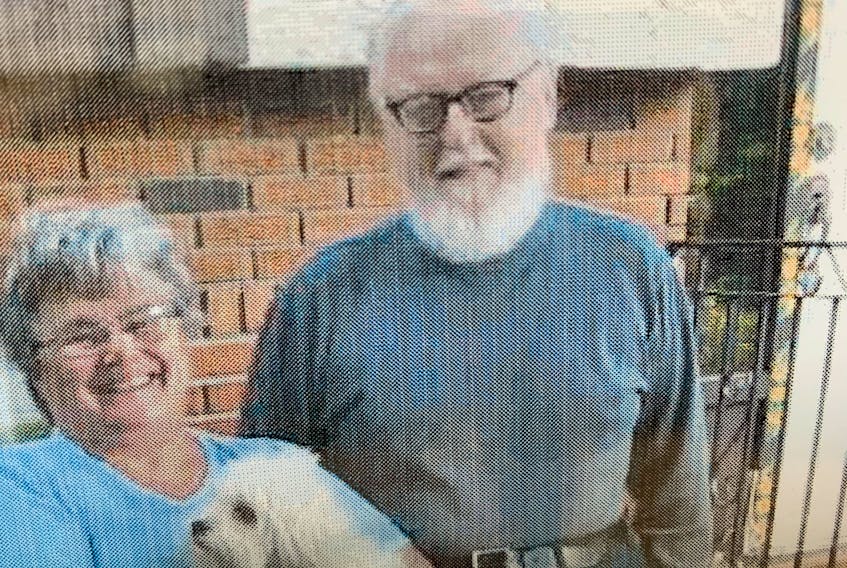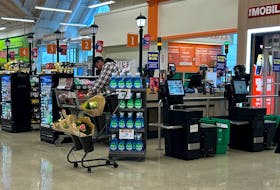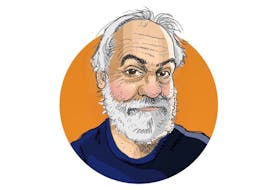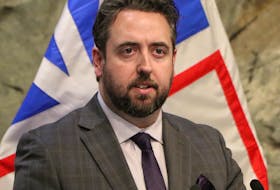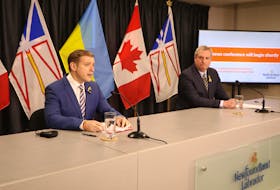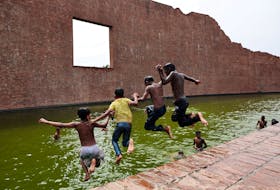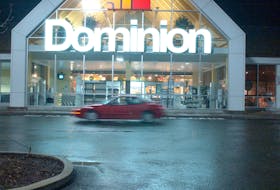It was the snow.
My parents moved across the country, to Saanich, on the outskirts of Victoria, B.C., for a simple reason. As my mother put it after decades of living in Halifax, “I don’t ever want to see snow on my birthday again.” (Her birthday, by the way, was May 8.)
So, after his retirement, Dad put in an offer on a house my mother hadn’t even seen, and they moved to a bungalow overhung by massive trees that would occasionally startle you by dropping huge pinecones on the roof at unexpected times. The house boasted a back patio door that, on clear days, offered a view of a shred of one side of Mount Douglas, a lumpen little thing that’s really only a hill, rising just 738 feet above its surroundings and falling some 262 feet below minimum official mountain status.
They settled in quickly: an unused basement sauna was converted into a wine cellar for their ever-growing collection of homemade wine, and Mom hopefully started beds of asparagus and rhubarb, both of which need a few years before sustained harvest. (I think of that as unbridled horticultural optimism.) Within a few weeks, it seemed, the backyard faux mountain had become familiar, with Mom describing it in the common diminutive as “Mount Doug.”
Mom and Dad argued their familiar small arguments, laughed at bad jokes, read lots, and ended up (though several years apart) both being stalked by that horrible stealer of both dignity and self-reliance, cancer.
Dad had a basement office up and running, and, into her 70s, Mom was driving for Meals on Wheels, delivering food to, as she described it, “the old people,” of which, in Victoria, there are legion.
My parents’ needs were slight, their extravagances small: once a year, at Christmas, they splurged and had lobster. Every year, more zucchini grew in the yard than they could eat, and the chest freezer filled from the bottom up with a carefully dated annual strata of carefully wrapped squash.
Mom and Dad argued their familiar small arguments, laughed at bad jokes, read lots, and ended up (though several years apart) both being stalked by that horrible stealer of both dignity and self-reliance, cancer.
They also both ended up in the same palliative care centre, the Richmond Pavilion of the Royal Jubilee Hospital in Victoria, where they received confident, comforting and quiet care — and, as family members, my brothers and I did, too.
It was a singular time.
My whole understanding of what the end of life is, was framed up by those palliative care weeks, followed by the almost-ritual-like taking-apart of their physical world with my two brothers after my mother died, separating and dispersing the curious mix of things my parents had held onto for years.
But here’s the thing: I can’t imagine not being able to have seen or touched my parents during that rapid decline. I literally cannot fathom the hole that would have been left in my understanding of their basic human fragility — a fragility that children often find hard to conceive of in their parents. Ultimately, their passing — and my small presence in it — framed my understanding of their humanity.
And yet, with COVID-19, that is something many families find themselves losing now.
I can’t imagine what it’s like for people to lose parents, family members or loved ones in these COVID times, to be unable to even be with the dying.
I can’t imagine, either, how hard it is for medical staff to have to break the harsh news of lonely deaths — knowing that someone’s loved ones have simply vanished, and that the vanishing is closely incomprehensible, especially with a virus that can take seemingly healthy people away in a matter of days.
So, if that loss has happened to you or someone you know, believe me, I am sorry. I know what you have lost.
I don’t know anything else to say.
Russell Wangersky’s column appears in SaltWire newspapers and websites across Atlantic Canada. He can be reached at russell.wangersky@thetelegram.com — Twitter: @wangersky.

